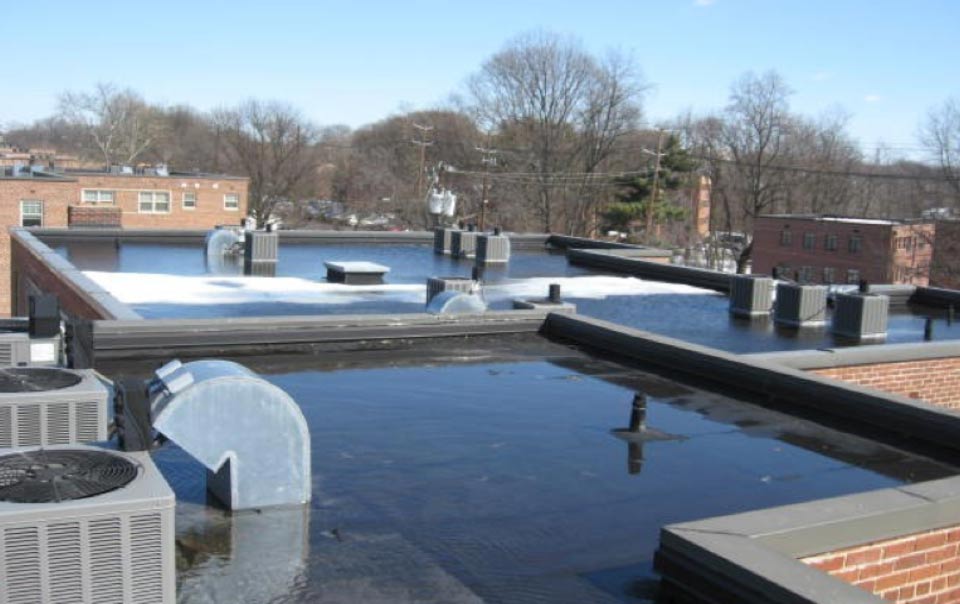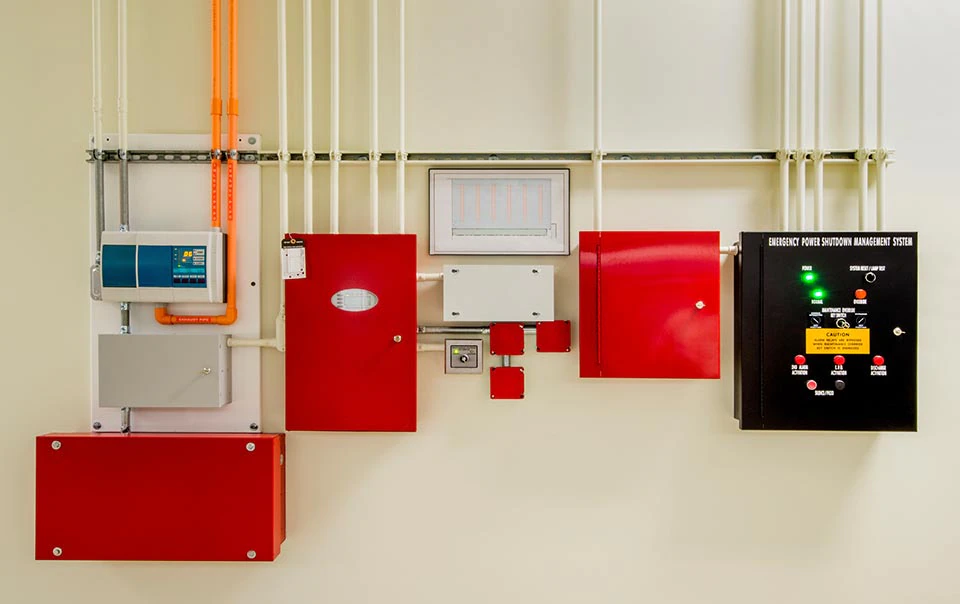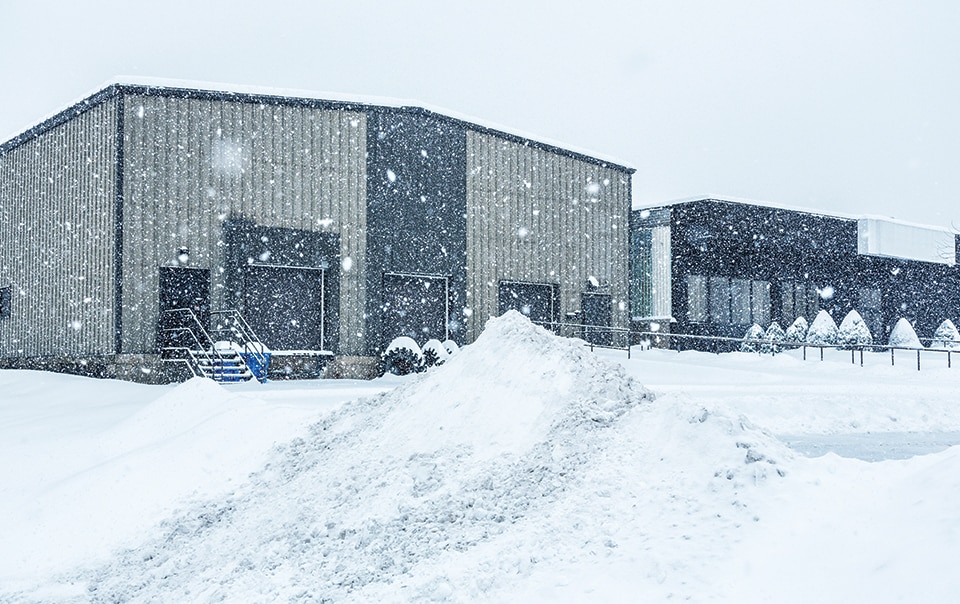Preventing Frozen Pipes for Businesses

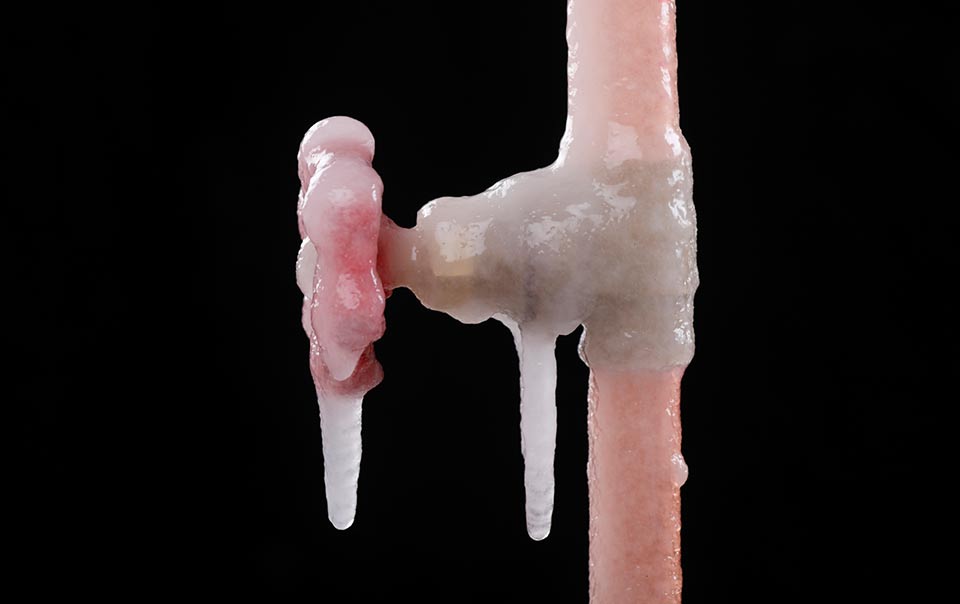
Cold temperatures can reach areas of your facility that you seldom visit or cannot see, such as:
- Crawl spaces
- Closets
- Enclosed spaces (e.g., attics, lofts, roof spaces)
- Warehouses
- Isolated storage areas
Preparing for cold weather can help reduce potential business interruptions and related losses resulting from cold temperatures.
Domestic Water Piping
In severe cold, domestic water pipes have the potential to freeze and break. If it’s safe to do so, make sure pipes that are located in isolated or poorly heated spaces are shut off and drained or protected with a supplemental heating source.
Protect Your Fire Protection Sprinklers
Fire protection sprinkler systems are dependent on the ability of water to flow freely when needed. Ensure that wet piping systems, which may be subject to cold temperatures, are sufficiently heated to prevent freezing.
Severe cold weather can also delay the response time of the local fire department. It’s imperative to properly maintain your fire protection systems.
Lastly, if heating is lost in a building protected by wet sprinklers, it should be restored immediately. Sprinkler systems should be shut off and completely drained only after exhausting all options to re-establish sufficient heat. If this is necessary, be sure to take appropriate precautions, including notifying local fire officials. Also remember to contact your insurance carrier. If you’re a Travelers customer, notify Travelers by using the Travelers impairment notification program, available on MyTravelers®, our secure website for business insurance customers. Log in or register to access the Travelers Fire Protection System Impairment Management tool and download Fire Protection Impairments – Are Your Prepared? for step-by-step guidance on managing fire protection impairments.
Strategies to Help Prevent Frozen Pipes
Some prevention strategies to consider:
- Properly insulate and/or provide approved heat tracing for water-filled pipes located in exterior walls or unheated spaces.
- Drain any piping that is not required during the winter months.
- Maintain a minimum temperature of 40° F (4.4° C) in building areas with systems and structures susceptible to freezing, like wet-pipe sprinkler systems, fire pump houses and dry-pipe valve enclosures.
- Ensure that anti-freeze sprinkler systems have sufficient concentration (appropriate specific gravity readings) of antifreeze to withstand freezing weather.
- Inspect dry systems to help ensure air settings are correct, air maintenance systems are in good operating condition, and any pipe closets are well insulated. If heat tape or heating systems are being used, ensure that they are UL-listed for this specific purpose and are in good operating condition. Dry-pipe sprinkler systems low points and auxiliary drains should be opened and drained of any water or condensation.
- Any branch lines on wet sprinkler systems exposed or subject to extreme cold weather should be insulated and heat traced. Electric heat tracing products should be UL-listed for this specific purpose.
- Fire pump test headers should be checked to ensure they have been properly drained.
- Fire pump and dry-pipe sprinkler system equipment rooms should be checked routinely to ensure the heaters are in good operating condition.
- The use of low temperature monitoring solutions can help to ensure rooms are being properly heated.
Contact your insurance agent to discuss your specific coverage needs to protect your business.
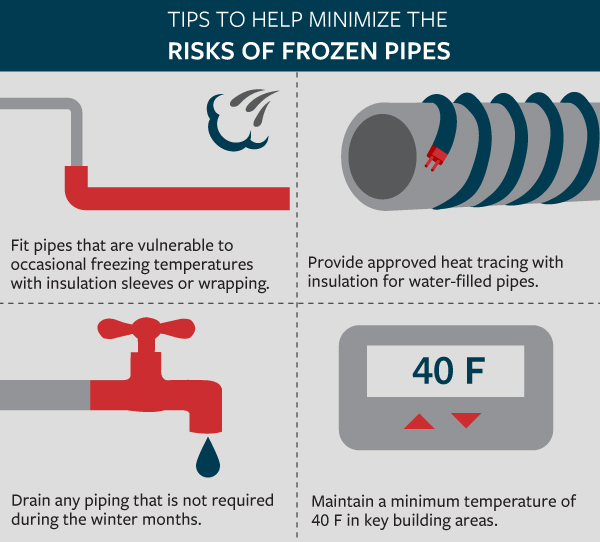
Tips to help minimize the risks of frozen pipes
- Fit pipes that are vulnerable to occasional freezing temperatures with insulation sleeves or wrapping.
- Provide approved heat tracing with insulation for water-filled pipes.
- Drain any piping that is not required during the winter months.
- Maintain a minimum temperature of 40 degrees Fahrenheit in key building areas.
